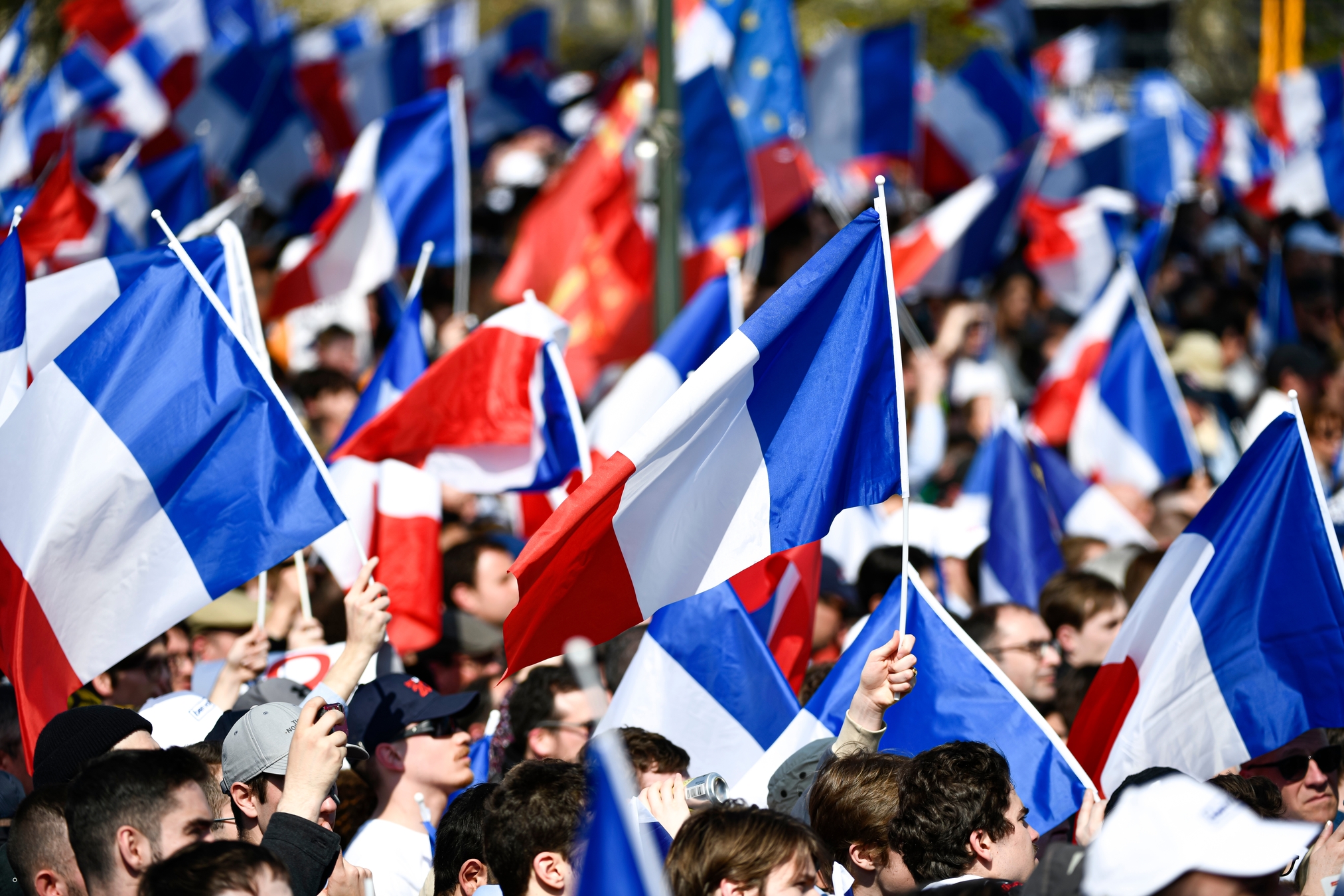France stands at a political crossroads as the far-right National Rally (Rassemblement National) advances closer to governmental power following the first legislative elections. The country, which hasn’t seen a far-right government since World War II, now faces a tense and uncertain week leading up to the decisive second round of voting.
Unexpected Gains and Uncertain Future
The National Rally, led by Marine Le Pen, made significant strides in the first round, signaling a possible shift in French politics. However, the outcome remains uncertain, with opponents rallying to prevent a far-right victory. “Just imagine the image of France — the country of human rights, the country of enlightenment — which suddenly would become a far-right country, among others. This is inconceivable,” remarked Olivier Faure, a Socialist who retained his legislative seat.
Voter Frustrations and the Far-Right Appeal
The National Rally capitalized on widespread voter dissatisfaction with inflation, low incomes, and the effects of globalization. Their platform, promising increased consumer spending, reduced immigration, and stricter European Union regulations, resonated with many. Yet, their anti-immigration stance has left many French citizens with immigrant backgrounds feeling marginalized.
Potential Power Dynamics
Achieving 289 seats in the 577-seat National Assembly would grant Le Pen an absolute majority, potentially forcing President Emmanuel Macron to accept Jordan Bardella, Le Pen’s 28-year-old protégé, as the new prime minister. This scenario of power-sharing between Macron and Bardella is fraught with potential conflict. Macron has already stated he will not step down before his term ends in 2027.
European and Global Implications
A National Rally government would transform France and bolster far-right movements across Europe. Viktor Orbán, Hungary’s Prime Minister, is an example of how far-right ideologies have infiltrated mainstream politics. However, the uncertainty of France’s two-round voting system means that no single bloc may emerge with a clear majority, plunging the country into uncharted political waters.
Opponents Rally Against the Far-Right
Despite the National Rally’s gains, many view their potential victory as threatening France’s democratic values. “We are faced with a ‘Trumpization’ of the French democracy,” warned Sandrine Rousseau, an ecologist reelected in round one. The looming second round is critical in preventing the far-right from seizing power.
Legislative and Social Impacts
The election campaign, marked by its intensity and high stakes, has overshadowed other significant events, such as the upcoming Paris Olympic Games. With candidates needing to decide whether to continue their campaigns by Tuesday, strategic withdrawals are expected as opponents aim to consolidate votes against the National Rally.
The Role of Turnout and Public Sentiment
Turnout was nearly 67%, the highest since 1997, reflecting a resurgence of public engagement. Macron’s decision to dissolve the National Assembly and call for snap elections was a gamble that may have inadvertently boosted the National Rally. The far-right’s promise to dismantle key Macron policies, such as pension reforms and military aid to Ukraine, has intensified the stakes.
As France braces for the second round of legislative elections, the potential rise of the National Rally signifies a pivotal moment in the nation’s political history. With high voter turnout and fierce opposition, the outcome will shape France’s future domestically and internationally. The coming week promises to be one of the most consequential in modern French politics.







